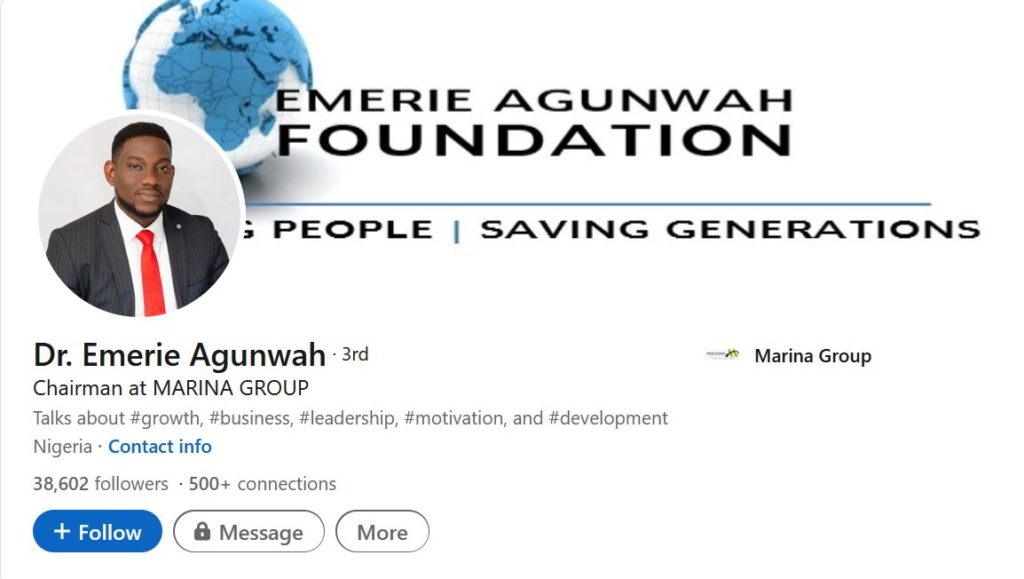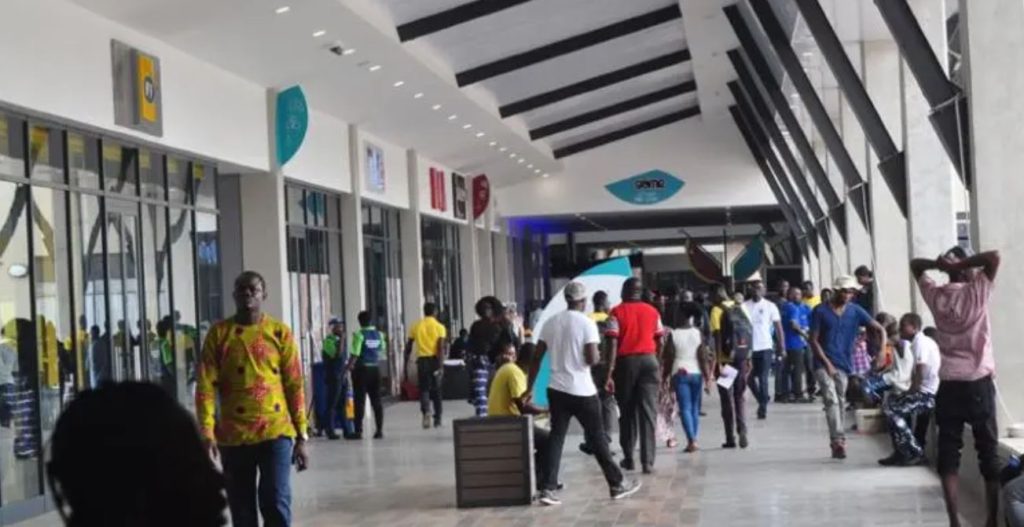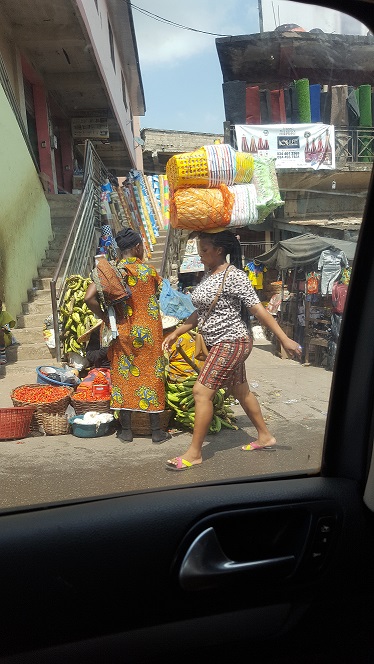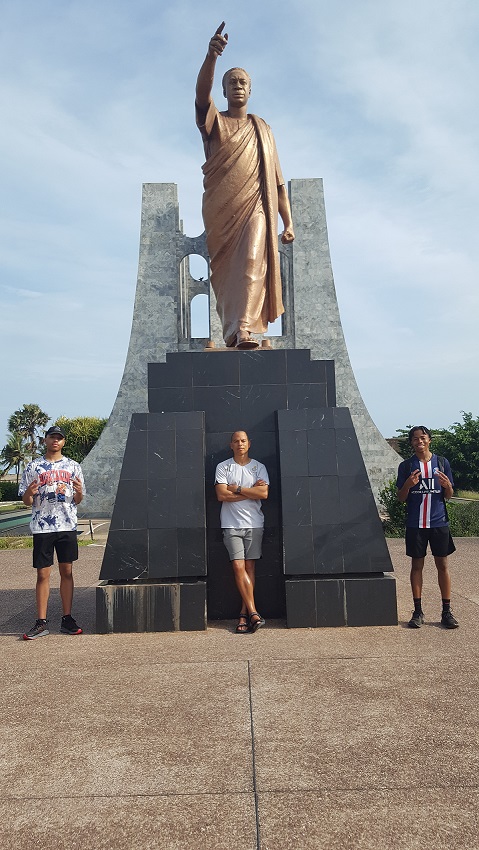I recently returned from a trip to Ghana with my wife and two sons, aged 20 and 17. We went for a wedding and visited Accra and Kumasi (where the wedding was held). While there, I experienced things that showed me why Blacktivism is important and the links between the continent’s history and our current advocacy work.
On our 2nd day we visited Elmina Castle. The castle was used by various European countries to hold enslaved Africans before they were shipped to the slave plantations to be worked to death or worse. I stood with my sons in the men’s slave dungeon. The dungeon is about half the size of a high school classroom. It has a hard mud floor, stone block walls and one small hole for ventilation and sunlight about 20 feet up. 200 men were kept there, sometimes for months, in their own waste that often rose to just below their knees. Standing there, I found myself thinking of the Ottawa Police Service whose budget we’re campaigning to freeze. Specifically, I was thinking about two key similarities between the OPS and the slave traders. The first is the immense power the slavers had to control Black people and do things that lead to them being harmed and killed. And the second is that the main reason they did it was economic.
The OPS gets millions of dollars each year from which it pays its officers starting salaries of over $60,000. The over policing of Black and Indigenous people directly contributes to generating the data the OPS uses to justify yearly budget increases. The OPS is making money – and lots of it – just like the slave catchers did.
Shortly after returning from Ghana, I spoke at an Ottawa Police Services Board meeting and said the previous two paragraphs word-for-word. The Board then approved an $11 million dollar increase to the police budget to bring it to a total of $386 million.
The day after visiting Elmina, I met with environmental activist Patricia Bekoe of 350 Ghana Reducing Our Carbon. She and her GROC colleagues face at least two major challenges. One is the emissions from thousands of cars and trucks snarled in endless bumper to bumper traffic in the capital Accra and Kumasi to the north. One Uber driver I asked said their vehicles didn’t have to pass emissions tests to get registered and the trucks spewing black smoke seemed to confirm this. The second challenge GROC faces is an oil industry that’s been active since the 1970s. One story from our trip suggests at least one foreign oil company operating in Ghana hasn’t been a great friend of environmentalists, or the environment.
Texas-based Kosmos Energy discovered oil in Ghana in 2007. In 2009, the company spilled around 700 barrels of a toxic substance into the Ghanaian sea and was fined $35 million USD by the Ghanaian Environmental Protection Agency – but refused to pay. I learned about Kosmos because I met a brother who works at Accra’s Kosmos Innovation Centre that Kosmos funds. The Centre helps Ghanaians start businesses, mostly in the agricultural sector. That’s good. Not paying for the oil they spilled isn’t…
Ghana isn’t the only West African nation to suffer environmental damage from oil companies or to have activists or the government trying to hold companies accountable for such damage. I asked sister Bekoe if she and her colleagues faced dangers like Nigerian activists such as Ken Saro-Wiwa.
Initially as spokesperson, and then as president, of the Movement for the Survival of the Ogoni People (MOSOP), Saro-Wiwa led a nonviolent campaign against environmental degradation of the land and waters of Ogoniland in Southern Nigeria by multinational oil companies, especially Royal Dutch Shell. At the peak of his non-violent campaign, he was tried by a special military tribunal for allegedly masterminding the gruesome murder of Ogoni chiefs at a pro-government meeting, and hanged in 1995 by the military dictatorship.
Happily, sister Bekoe said she and her colleagues don’t face such violent opposition. This is good because Ghanaians have recently become more vocal with demands for the government to address growing inequity in the country. The grassroots #FixTheCountry campaign recently saw Ghanaians take to social media and the streets. On August 4, Al Jazeera reported that several thousand protesters marched in Accra in the latest rally against President Akufo-Addo’s government. The story said the protest aimed to demand accountability, good governance, and better living conditions from the government.
Frankly, I’m surprised we didn’t see signs saying #FixTheRoads as the horrible conditions of many roads was one of the clearest signs that any tax money the government is getting isn’t being used to fix the roads.
One very visible sign of the inequity in the country was the many places that were surrounded by high walls topped with barbed wire, including both our Accra AirBnB and our Kumasi hotel (both also had 24/7 guards). One of the marketing features of our Accra AirBnB was that it was attached to a small grocery store you could access from within the compound so you didn’t have to go outside security. Another very visible – and disturbing – sign of the inequity were pre-teen Muslim girls, wearing white hijabs, begging for money at intersections. One Uber drive said the girls were brought in from Niger by people who take a cut of what they make.
Another less visible equity indicator was who owned large businesses like malls and the grocery stores in them. I asked who owned Accra’s Marina Mall and Kumasi City Mall. An Uber driver told me what I was expecting to hear: Marina Mall’s owners weren’t Black Ghanaians. In fact, he said they weren’t Ghanaian at all, they were Lebanese. However, a little of bit of Googling led to a surprise: the mall is actually owned by the Nigerian-based Marina Group whose chairman is Dr. Amerie Agunwah below.

I failed to definitely confirm the owners of Kumasi City Mall except that it’s owned by Delico Kumasi Limited which is subsidiary buried under other subsidiaries that include AttAfrica, Mauritius that’s led by two white dudes, Renier Vans Rensburg and Wynand Baard.
The main grocery store in both malls is Shoprite, a large chain throughout Africa whose majority owner is South African billionaire, Christo Wiese.
Not all the oil companies are foreign-owned like Kosmos. We also saw many GOIL gas stations. According to Wikipedia, GOIL, the Ghana Oil Company, “is a state-owned Ghanaian oil and gas marketing company, formed on 14 June 1960. Currently it holds the place of Ghana’s top oil marketing company, and is the only indigenous owned petroleum marketing company in Ghana.”
The air conditioned malls packed with tech stores, seemed a world away from the many people selling along the roads that lead to them…


Some of those wanting to #FixTheCounty would perhaps see the malls as example of what’s wrong. However, according to one Uber driver with whom I had a wide ranging conversation, not everybody even cared about fixing the country. He said many Ghanaians, including most young kids, dream of leaving it to go to the U.S.. This is partly because the idealized myth of America the Great seemed alive and well in Accra and Kumasi.
My chat with the Uber driver, who said his name was Bismarck, started after I asked him why he had an American flag next to his Ghanaian one on his dash. He said it was because he loved America, especially their technology. Interestingly, the technology he mentioned was their military. Later in our chat, he said, “But they have one problem. They hate Black people. They only like Black people when they need them.” (Another Uber driver I spoke to expressed similar love for Canada which I suggested he might want to temper given Canada’s role in the violent coup that deposed Ghana’s democratically elected president Kwame Nkrumah in 1966.)
When I mentioned to a fellow Canadian Blacktivist the love for America and Canada some Ghanaians had expressed, his response was essentially, “Of course they love the places that have lots of good stuff built from stolen wealth.” As my boys and I paid our respect at the feet (literally) of the grandfather of all uppity negroes, Kwame Nkrumah, I wondered what he’d think of the state of the country he helped lead to independence.

One last point before I wrap up….We saw very few white people in Ghana. The most was 3 or 4 together, all men, at the Ghana Premier League football game we attended, sitting in the most expensive section and on the Africa World Airways flight to Kumasi. (Children seemed to confirm the rare sightings of white folks by happily yelling “Oboroni!”, the Fante word for white person, at me on my morning walks as I happily waved back to their great amusement.)
I left Ghana with a better appreciation of the challenges facing Blacktivists in the diaspora and on the continent in working together to regain control of the vast resources in the ground, and in the people, of the continent. Given how the global pandemic has redefined what’s normal, young Blacktivists working with older folks who are committed to fundamental change – and have a long view of how to make it – have the opportunity to make Africa a global economic powerhouse that shares its wealth with all people.
1 reply on “Black to Africa”
Robin,
Another stirring post with sentences like below describing Elmira Castle to thinking about Ottawa, “standing there, I found myself thinking the Ottawa Police Service whose budget we’re campaigning to freeze…
The over-policing of Black and Indigenous people directly contributes to generating the data the OPS uses to justify yearly budget increases. The OPS is making money – and lots of it – just like the slave catchers did.”
Great read as always. Very informative and descriptive. Sounds like an amazing trip which your kids will remember for a lifetime.
Thanks for posting!
Akram